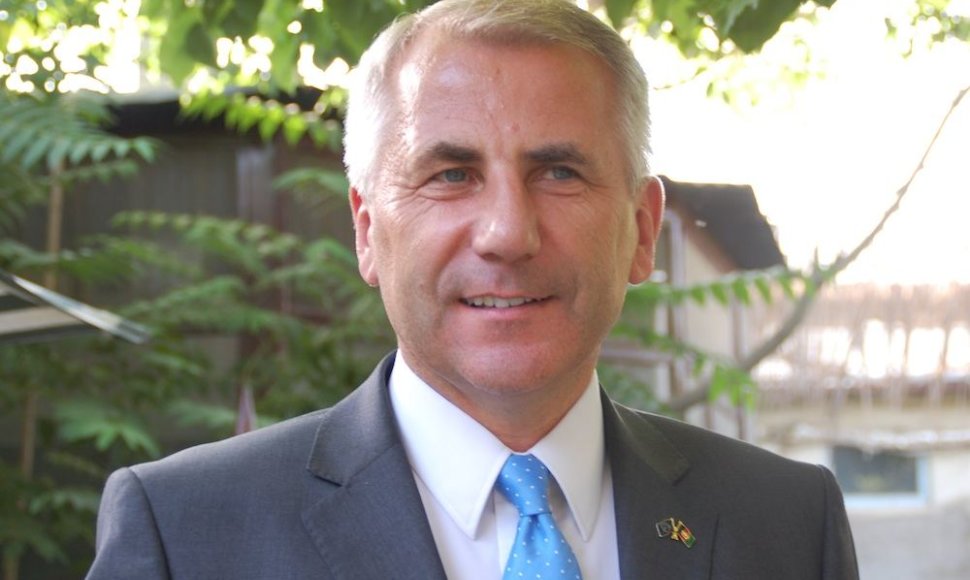Assuming his new office on September 1, the ex-Lithuanian foreign minister presented his priorities to members of the European Parliament's Committee on Foreign Affairs on Tuesday.
Following the meeting in Brussels, Ušackas told BNS that Russia and the EU need to find agreement on strategic interests, even though their aspirations sometimes don't match.
"We welcome the political awakening across the entire societal spectrum in Russia and will continue to engage with representatives of government and civil society, seeking international commitments in the area of human rights and the rule of law. But we should also be realistic that it is for the Russians themselves to fix it as it is for European citizens to deal with our own problems," Ušackas told BNS.
"The European Union needs to develop its understanding about the changing realities in Russia, while agreeing collectively among the 27 (soon to be 28) member states on our strategic interests in Russia and subsequently pursue long-term objectives in a comprehensive, cohesive and consistent manner," the diplomat said.
Currently leading he EU mission in Afghanistan, Ušackas also said that "the European Union and Russia are strategic partners, bound by deep economic interdependence. Last year, we reached a record of 336 billion euros of exchanges."
"Russia is also very important while dealing with common neighborhood issues, global security and economic challenges. Russia and the EU are bound by mutually beneficial cooperation in the area of energy, which the EU will seek strengthening based on the principles of liberalization and diversification and legal protection of investments," Ušackas said.
"While interests will not always coincide and the relationship between the EU and Russia can be difficult at times, the EU and Russia share the common European continent and common history and face common economic, political and security challenges, therefore, the EU and Russia must seek a constructive, sustained engagement to address these challenges," the Lithuanian diplomat said.
While in Moscow, Ušackas pledged to seek the replacement of the existing agreement on partnership and cooperation.
"The new agreement would cover a wide spectrum of bilateral relations, including provisions on trade and investments and a better compatibility of the regulation environment," he said.
Ušackas has led the EU mission in Kabul since 2010. Earlier, he served as foreign minister in Lithuania's former center-right government but resigned amid disagreements with President Dalia Grybauskaitė.
The diplomat previously headed Lithuania's embassies to the United States and the United Kingdom.












